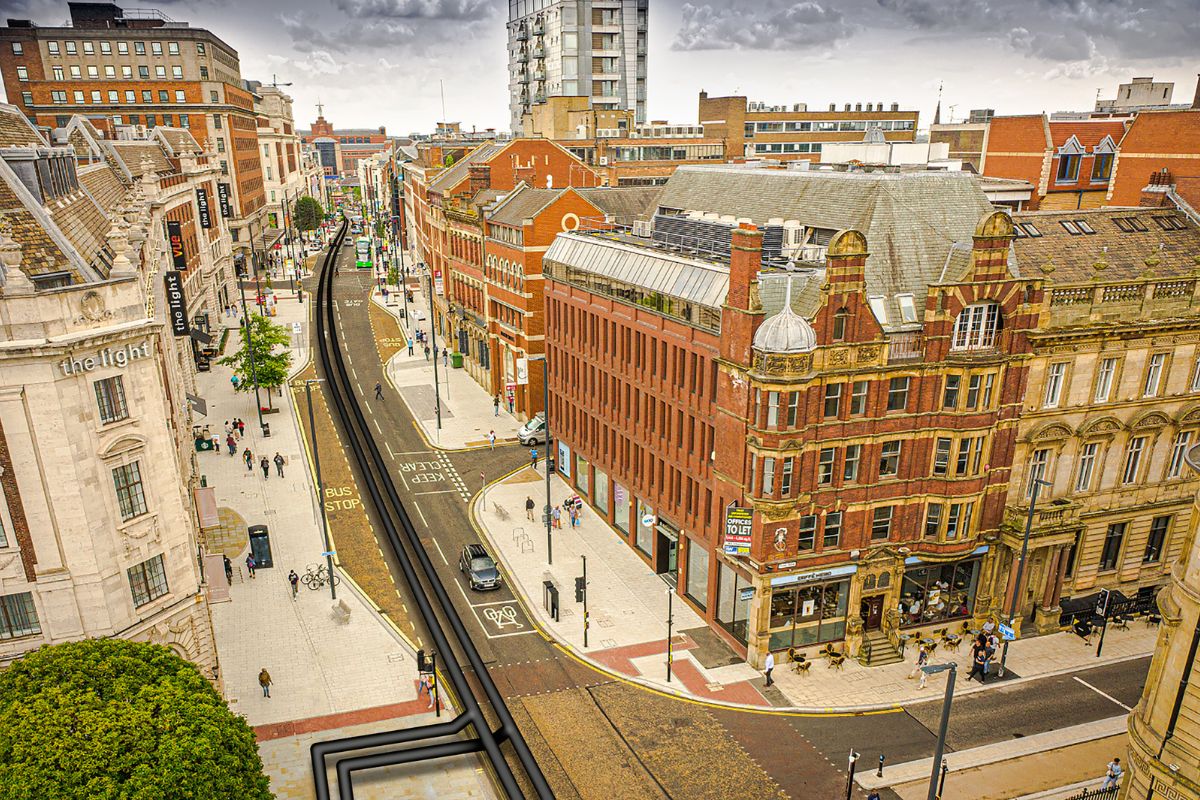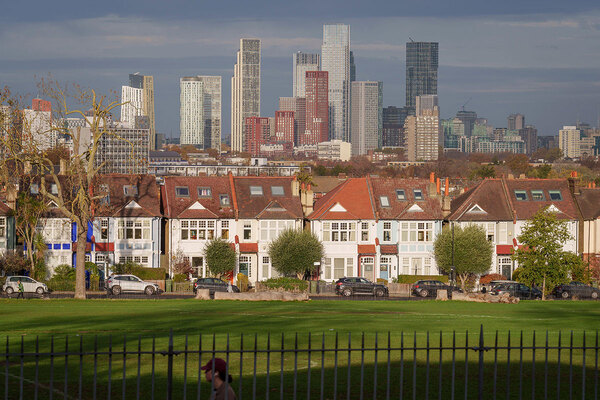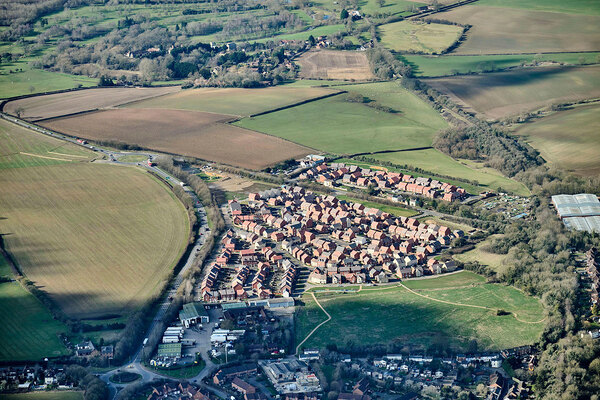Leeds graded "A" for climate action by the Climate Disclosure Project
Leeds City Council has been recognised as one of 119 cities across the globe taking bold leadership on environmental action and transparency in a new list published by the Carbon Disclosure Project (CDP).

The city is among the likes of New York, Paris, Melbourne, Tokyo, Rio de Janeiro, and Cape Town on the organisation’s annual A List for the second consecutive year. Of more than 900 global cities that received a rating in 2023, only 13% received an ’A’ grade.
Leeds’ contribution to climate change (the district’s annual greenhouse gas emissions) have decreased by 38% since 2005, from 6.3 to 3.9 million tonnes of carbon. The council’s own carbon footprint has shrunk by nearly two-thirds (63%) over a similar period.
In 2019, councillors from all parties in Leeds voted to declare a ‘climate emergency’ and accelerate action to achieve ‘net zero’ emissions—while also calling on national government to provide the resources and powers to make this possible.
Since 2016, the council has secured and committed funding to deliver more than £850 million of schemes with climate change reduction or adaptation as a key aim.
Helping households to save energy and money by installing green home upgrades has been a significant focus of the council’s climate emergency response this year. Domestic properties are responsible for nearly a third of the city’s carbon footprint.
The council set out plans to invest £100 million improving the energy efficiency of its homes in 2021. The programme passed the half-way milestone earlier this year and more than £60 million of projects have now completed.
A new council campaign—launching in the coming weeks—will help homeowners and landlords in Leeds understand and check what support is available to install energy saving measures in their own properties from local or national schemes.
Meanwhile, the local authority is also currently consulting on proposed local planning policies that, if adopted, would require all new homes in Leeds to be built to efficient net zero standards from 2027 and be designed in a way that is better adapted to the city’s future climate.
Businesses in Leeds are also being supported to seize the opportunities of the net zero transition.
Since July, the council has been working closely with the West Yorkshire Combined Authority to promote its new Business Sustainability Scheme, which provides support for small and medium-sized enterprises to measure and reduce their carbon footprint, save money, and become more climate resilient. Ninety-four small businesses based in Leeds have already benefited from the initiative.
This year also saw private sector building managers and developers benefit from affordable, reliable, and low carbon heat provided by the fast-growing Leeds PIPES heating network for the first time. The council estimates that the network will help existing customers to collectively save nearly half a million pounds (£490,000) in reduced energy costs this year alone.
Work continues to improve transport so that more people in Leeds have a real alternative to car use.
A detailed report summarising progress to deliver the strategy in 2023 will be discussed by senior councillors. It highlights developments including the successful launch of Leeds City Bikes; the largest all-electric docked bike hire scheme anywhere in the UK.
Meanwhile, proposed local planning policies under consultation would encourage more development in places that are better connected by public transport and are nearby local amenities to help reduce car-dependency and encourage thriving communities.
Scientists predict that extreme and prolonged heatwaves, winter flooding, and summer drought will become increasingly likely in Leeds until global net zero is achieved.
The council says it continues to invest in a wide range of flood alleviation schemes with more than £200m of measures on track to be installed by 2027.
Proposed local planning policies will also set a stronger framework for protecting and enhancing green spaces, supporting nature, increasing tree canopy cover, and expanding the city’s strategic green and blue corridors—helping to shade and cool the city whilst restoring natural habitats for wildlife.
Councillor Mohammed Rafique, Leeds City Council’s executive member for climate, energy, environment and green space, said:
“I am incredibly proud that the city’s efforts on climate have been recognised and that Leeds has once again been identified as a global leader when it comes to local climate action.
“Tackling climate change by supporting people to make more sustainable choices which can improve our quality of life is at the heart of our Best City Ambition.
“Over the last eight years, we’ve secured and committed a massive investment—£850 million—into our city for climate schemes, mostly from external grants. This money is already having immediate benefits for the people of Leeds.
“Leeds is an ambitious city. Despite an incredibly challenging financial situation shared by councils nationwide and a changing policy environment, we have made great progress. We will continue taking bold action to help households, support businesses, improve transport, and reduce the future impacts of extreme weather.
“However, when councillors from all parties in Leeds voted to declare a climate emergency in 2019, they simultaneously called on government to provide the resources and powers to make net zero possible. I believe that call is as relevant today as it was then.”


